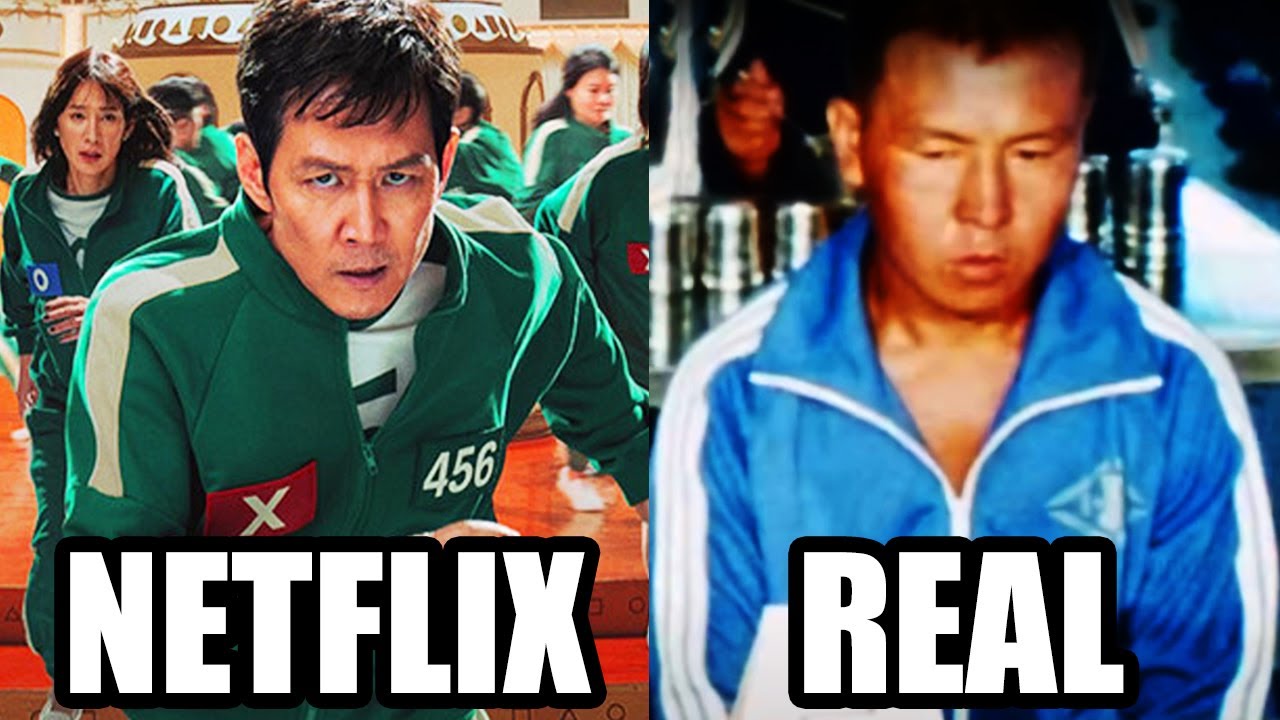ENTERTAINMENT

IS SQUID GAME ECHOING THE DARK TRUTH OF SOUTH KOREA’S BROTHERS HOME SCANDAL?
Netflix’s global hit Squid Game may be a work of fiction, but many viewers wonder if it draws on chilling real-life events—like the horrific Brothers Home scandal of 1986 in South Korea. While Squid Game doesn’t directly tell this story, its brutal themes highlight a painful reality that still haunts the country’s past.
What Was Brothers Home?
In the 1980s, during South Korea’s military dictatorship, the government supported institutions like Brothers Home in Busan, meant to “clean up” city streets. Thousands of people—homeless individuals, street kids, petty offenders, and even political dissidents—were rounded up, often illegally, and locked away.
Inside Brothers Home, they faced forced labor, severe abuse, torture, and in many cases, death. Official records suggest hundreds died, with many buried in mass graves. The horror only came to light years later, leaving deep scars in the nation’s memory.
So, Is Squid Game About Brothers Home?
Not directly. Squid Game is a fictional survival drama created by Hwang Dong-hyuk. It tells the story of desperate people lured into deadly games for a chance at big money, exposing the dark side of capitalism and human greed.
However, the show resonates with similar themes: how the vulnerable are exploited, how life can be reduced to brutal competition, and how those in power can treat human lives as disposable entertainment. These haunting ideas remind many of the abuses of power seen at places like Brothers Home.
Why It Strikes a Nerve
For South Koreans familiar with their country’s authoritarian past, Squid Game isn’t just a thriller—it feels like a reflection of old wounds. It indirectly echoes stories of institutions where the poor and powerless were victimized under the guise of order and development.
So while Squid Game doesn’t literally tell the story of Brothers Home, it serves as a stark reminder of how societies can fail their most vulnerable—and how history can repeat itself in different forms if we’re not careful.
article by: samuel ogunremi.
"This represents a significant development in our ongoing coverage of current events."— Editorial Board









